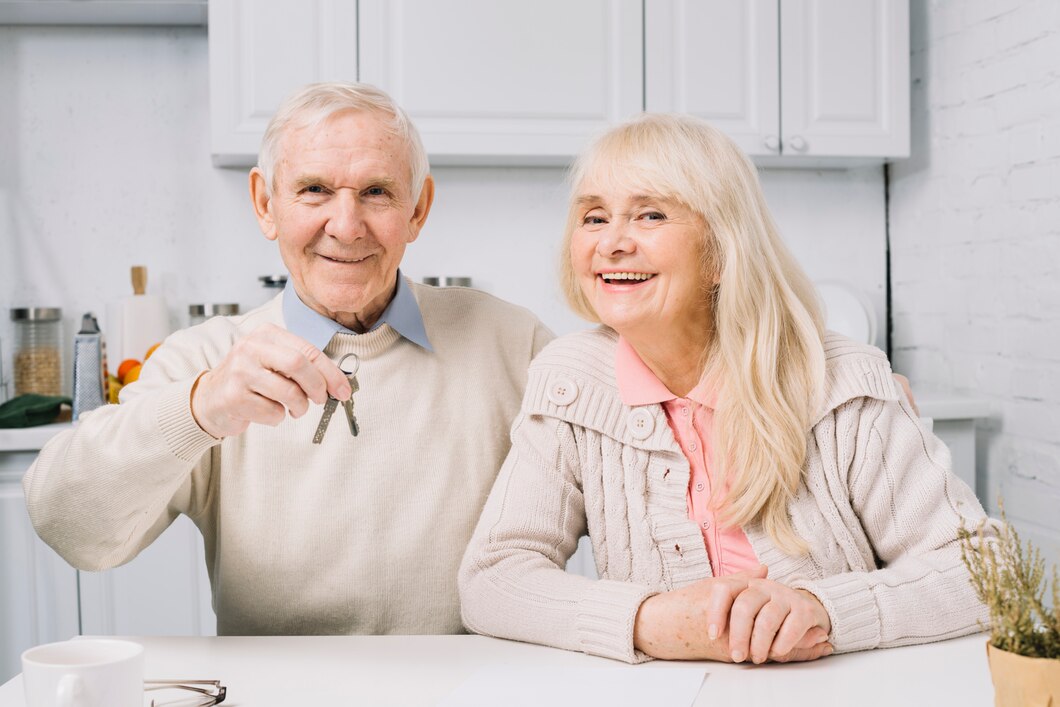Introduction
Cancer is a daunting diagnosis for anyone, but it presents unique challenges in the elderly. Integrating holistic approaches can significantly enhance the care experience, focusing on the complete well-being of the patient. This piece will guide caregivers and seniors in navigating cancer treatment through a holistic lens.
Understanding the Unique Challenges in Elderly Cancer Care
Elders face distinct challenges when diagnosed with cancer. These include a higher prevalence of comorbidities, reduced physiological resilience, and the psychological burden of facing a serious illness later in life. Often, treatments like chemotherapy or surgery can be more taxing on an older body.
Key Elements of a Holistic Approach
Physical Care
Addressing the physical needs involves more than just treating cancer. It's essential to manage pain effectively, ensure proper nutrition, and maintain physical activity suited to their ability. High-quality care may also include complementary therapies like acupuncture, massage, or tai chi, which can relieve pain and improve quality of life.
Emotional and Psychological Support
Mental health is crucial in senior cancer care. Patients may experience anxiety, depression, or a sense of isolation. Engaging in counseling, mindfulness practices, and support groups can provide substantial emotional relief.
Social Support Systems
The involvement of family, friends, and community support is indispensable. Ensuring that seniors have a reliable support network can alleviate feelings of loneliness and provide practical help with daily tasks.
Spiritual and Existential Care
For many, spirituality forms an essential part of coping with serious illness. Providing access to spiritual care, whether through religious services, counseling, or other means, can offer comfort and strength.
Incorporating Health Monitoring Devices
Health monitoring devices can play a critical role in the holistic care of elderly cancer patients. They can track vital stats, manage chronic conditions, and provide alerts to caregivers. Learn more about health monitoring devices for the elderly.
Integrating a Support Network
Building a supportive environment is crucial. Family members and caregivers should be well-informed about the needs and preferences of the elder. Communication and coordination within the care team are key to ensuring well-rounded care.
The Role of Nutrition in Cancer Care
Proper nutrition is essential in the overall well-being and recovery of elderly cancer patients. Dietitians can tailor nutritional plans that address the specific needs of elders, helping to maintain strength and minimize side effects of treatments.
Pain Management Strategies
Pain management is a critical aspect. Options include pharmaceutical treatments, physical therapy, as well as alternative methods like effective pain relief strategies for the elderly.
Exercise and Physical Activity
Exercise, suited to individual abilities, can significantly benefit patients. Activities like gentle yoga, walking, or swimming can help with mobility, strength, and mental well-being.
Conclusion
Elderly cancer care requires compassionate, comprehensive strategies that address physical, emotional, social, and spiritual needs. By adopting a holistic approach, caregivers can significantly enhance the quality of life and well-being of seniors facing cancer.




